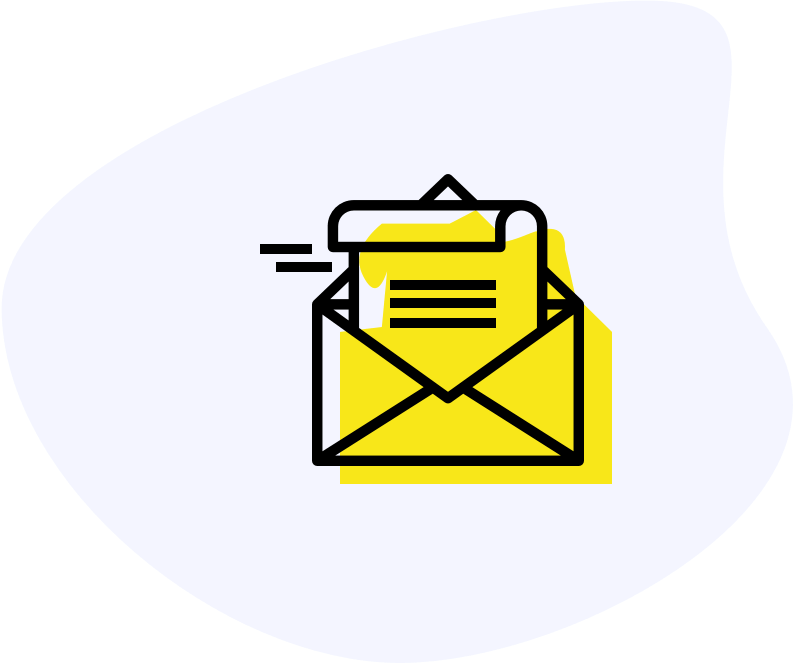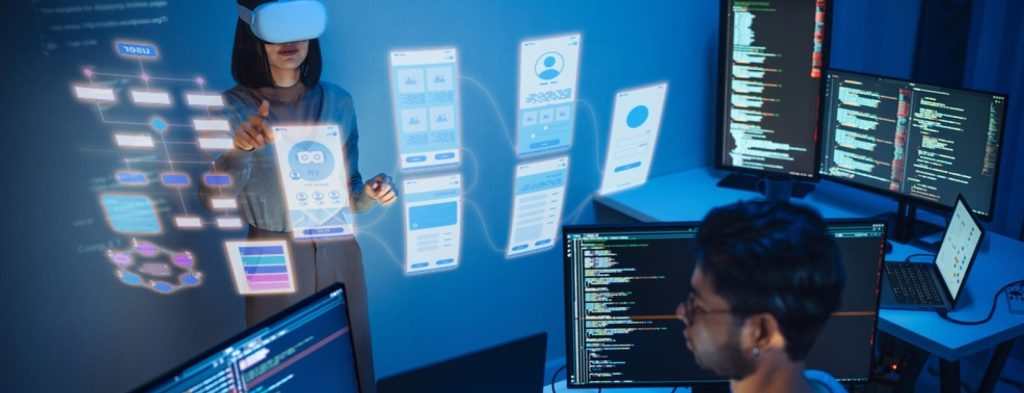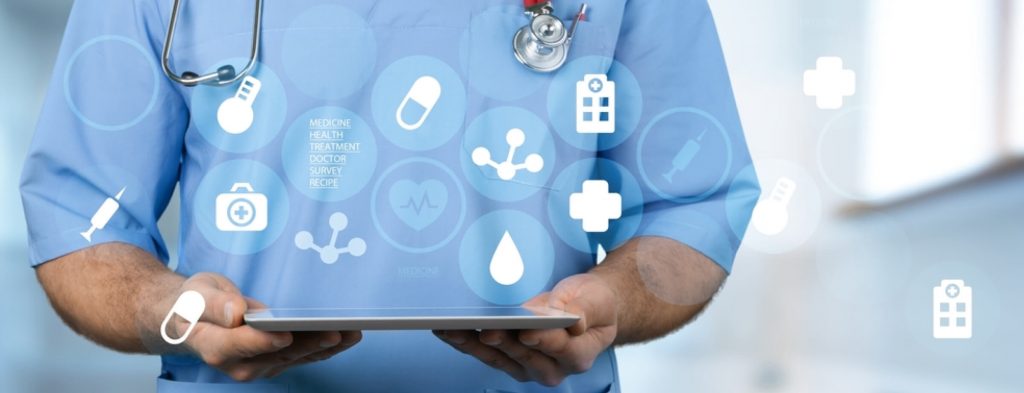As I write, there are over 1.2 million confirmed cases in the U.S and over 3.6 million confirmed cases worldwide, possibly more. There are over 62K confirmed deaths in US alone (source: John Hopkins Uni). The spread, started from Wuhan, China, has grappled pretty much every country in the world.
Now is the time to do all we can and contribute in dealing with the pandemic. While public and private sectors are working hand in hand to come up with innovative solutions, I would like to share more about the power of AI (artificial intelligence) and how it can help accelerate healthcare initiatives to deal with this crisis.
Working in close proximity with the government, Health-care providers and media, I have listed 5 ways where AI and Machine learning have been playing a crucial role in testing, analysis, treatment and reporting the number of cases.
5 Ways in Which Machine Learning Helped During COVID-19
1. Predicting The Outbreaks of COVID-19
Machine learning involves deriving results based on past data. Government records, social media posts and hospital records can be analyzed and compared using AI to predict the possible outbreaks in any area. One instance is from Canada where BlueDot, Canadian tech startup, used AI to track the outbreak even before official warnings were issued by Center of the Disease Control & Prevention and World Health Organization.
Insilico Medicine, Maryland USA is another major startup which is working in discovering molecules combating the coronavirus infecting in the human body. The AI system at this forum has succeeded in predicting the molecules which counter the effect of the Corona Virus. The experts in this firm are creating a database of molecular information which can be utilized to extract relevant cure for major outbreaks.
2. Help With Supply Chain issues
As pandemic has spread its clutches to wider regions, more and more countries have opted for social distancing and isolation measures. Entire countries are under lockdown. This has led to a shortage of human resource from harvesting to packaging and delivering the goods and services to the end users. Even medical supply deliveries are impacted.
Terradrone came up as a hope to facilitate supplies. The drones designed by this firm helped deliver medical necessities to quarantined patients. These drones were also used to enforce and check social distancing in affected areas.
3. Predict and Forecast Distribution of Resource Allocation (Money, Equipment, People)
The surge in the number of patients has overwhelmed hospitals staff which has widened supply and demand gap. The cost of clinical operations as well as business and administrative processes have gone through the roofs. While exact forecasting and prediction is impossible, AI does do a great job processing tons of data much more efficiently than manually. Even though AI algorithms can not replace human thought process entirely, it surely helps improve accuracy by minimizing human intervention.
4. Testing and Diagnosing The Virus Using Machine Learning
Alibaba has developed an AI-powered diagnosis system to speed up the diagnosis of the disease. The results derived are 96% credible. The excessive load on different healthcare facilities has made employment of AI-based tools necessary.
While imaging departments in health care facilities are not sufficient to provide the efficient virus scanning and testing procedures, AI algorithms using Neural Networks have helped detect anomalies in images from x-rays and CAT-Scans in effective manner.
5. Manufacturing Drugs and Maintaining Supply
Robots are not prone to infection. They can be deployed to perform sterilizing, cleaning and delivering tasks in hospitals. This ensures social distancing and even affected individuals can be conveniently served. Pudu Technology in China developed robots which played a key role in the catering sector. More than 40 hospitals utilized this service and gained control.
Specialized branch of AI, known as Deep Learning, is being used to analyze large and complex genetic datasets. This speeds up the process of creating vaccine.
Benevolent AI has utilized machine learning to develop drugs based on predictive analysis for some of the most deadly infections. It is helping in providing information about which available medicines can be used to control the corona infection.
Google’s DeepMind is an algorithm based AI technology which is working towards analyzing the types of protein present in the virus envelope. Analyzing the type of protein can help researchers synthesize effective drug or vaccine to combat the COVID-19 infection.
How Technology Is Helping?
Supply Chain Management & Logistics
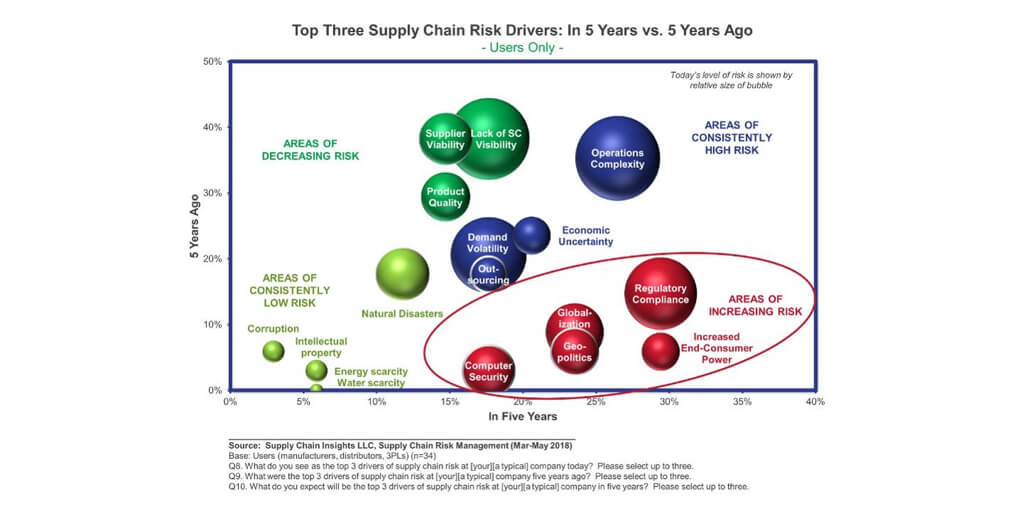
America is under times of uncertainty. The local supply chain is disrupted. The demand and supply of several items like medicine and health-oriented products have spiked like never before. The disruption visible in American local supply chain shall affect the Global Supply Chain Management as well.
However, AI has been of high implementation in analyzing the scarcity of several major necessities like medical devices, Pharmaceutical Products and masks.
This has helped in gaining insights into how to regulate such demands and manage the crisis.
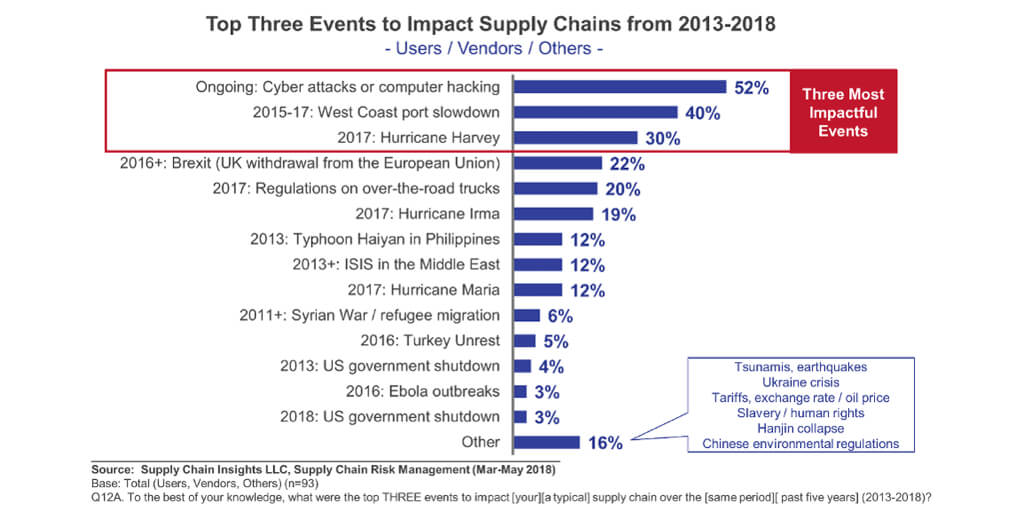
Comparing Patterns With The Previous Pandemic
The comparative analysis helps in deriving patterns. The patterns help in designing the road map for fighting against the current state in this case COVID-19. The machine learning helps in comparing the past records with the present situation. The differences and similarities observed can then be put into action to counter the pandemic effect.
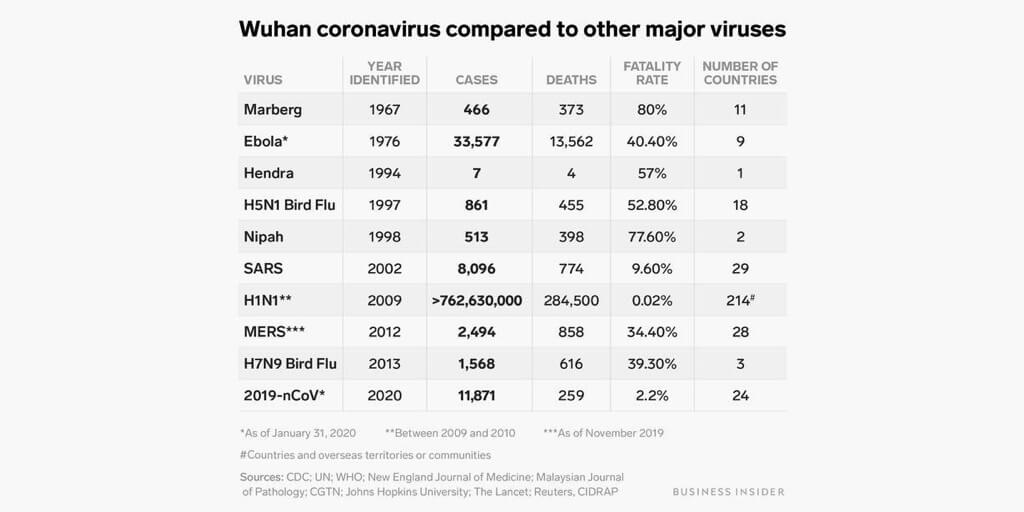
E-learning, Teleworkers, Video Conferencing
Transmission mode of Corona Virus has made governments all over the world to impose lockdown. In such a situation communication becomes restricted. Awareness is the primary ingredient to stimulate protection against the disease. To maintain the continuity of work and minimize economic slowdown, people are working from home. Different academic institutions, schools, colleges have started distributing the learning materials online to facilitate learning even in the time of crisis.
To ensure high-quality communication in healthcare and business several standards have been laid down to preserve the security of essential data being transmitted. Health Care providers demanding high security should use services from HIPAA compliant technology vendors. Any technology vendor serving any major business is entitled to HIPAA business associate agreements (BAAs). These video or teleconferencing modes are HIPAA compliant.
● Google G Suite Hangouts Meet
● Cisco Webex Meetings / Webex Teams
● Amazon Chime
● GoToMeeting
● Spruce Health Care Messenger
● Skype for Business / Microsoft Teams
● Updox
● VSee
● Zoom for Healthcare
● Doxy.me
However, the use of any of these technologies is entirely a personal discretion. We provide high quality custom medical & healthcare software & app development services. Empower your business today, with our AI consulting solutions.


